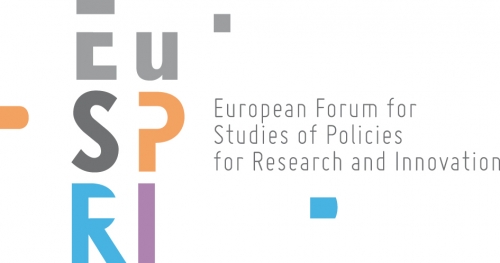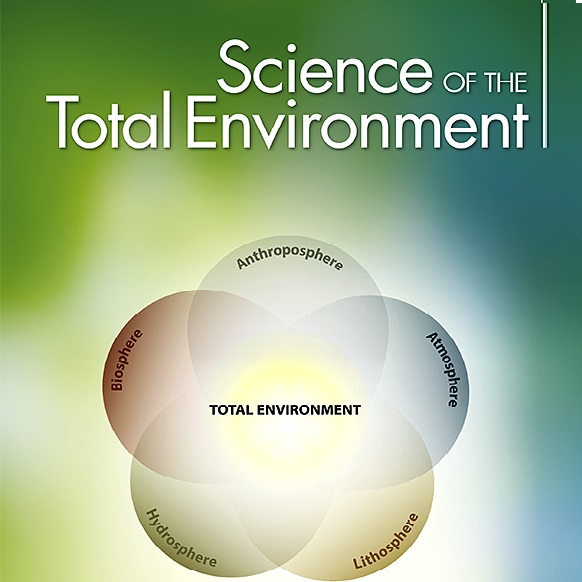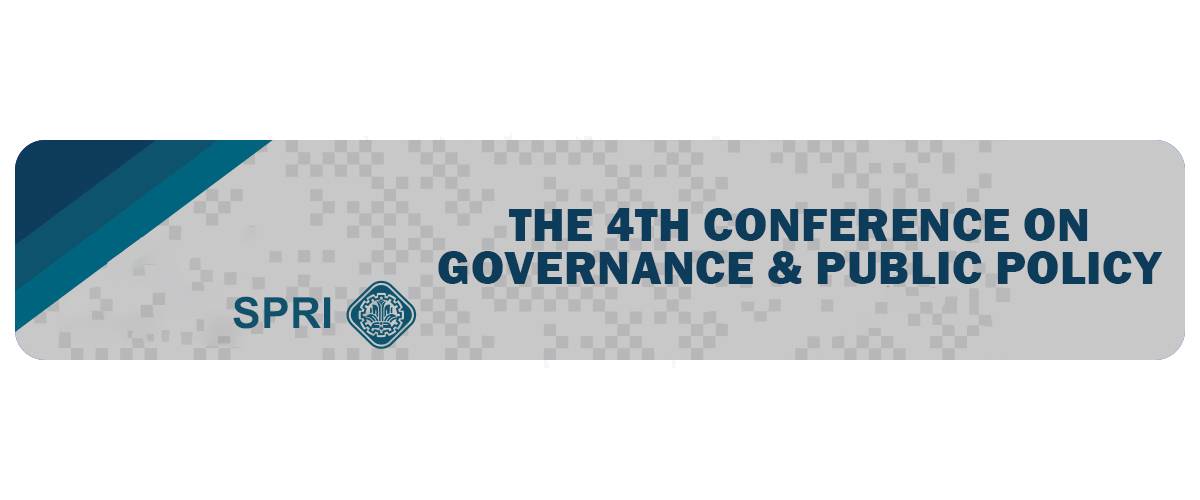Abstaract
Mission-oriented innovation policies has recently been re-bolded to achieve measurable outcomes, activate innovation across actors, enable bottom-up experimentation and to bring people together around a problem or mission (Mazzucato, 2018). The present paper adopts this type of innovation policy as a promising line for developing countries like Iran where innovation systems (institutional settings) act against broad, systemic and top-down innovation policies. While grand challenges are a good motivator for such innovation policies in Europe, it is claimed that the developing stage and development experiences of a country like Iran discard grand challenges as a viable orientation. Accordingly, bottom-up problem-driven innovation policies are claimed to be a promising subset of mission-oriented policies which could survive in such contexts where previous top-down, broad hands-off policies failed to offer development and be successful (Lee and Malerba, 2018). Based on the recent cases in Iran with participation of RISTIP, public procurement for learning (PPL) and civic regional development initiatives are shown to be two promising problem-driven (mission-oriented) innovation policies viable in the institutional settings of a developing country like Iran. While the former used to target a combination of sustainability goals, product/ process innovation and capability building on the supply side with an intermediating role of a knowledge body (academia), the latter used to be about sustainable regional economic development with great engagement of citizens and with a focal role of research centers on a voluntary basis.


 Ali Maleki
Ali Maleki Najmoddin Yazdi
Najmoddin Yazdi.jpg)






.jpg)